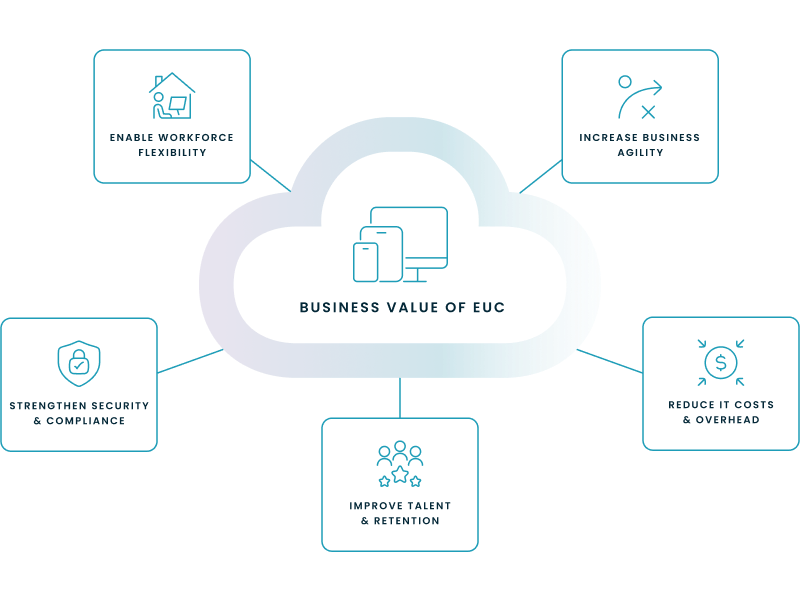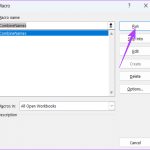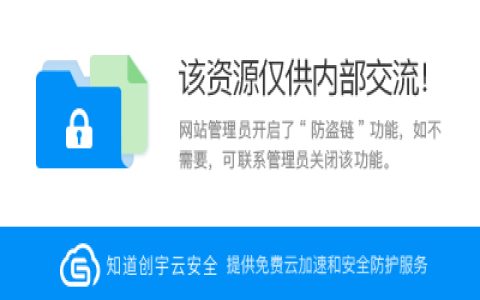EUC stands for End User Computing. It refers to systems and technologies that enable non-technical users within an organization to develop, manage, and use their own computer applications and solutions. Instead of relying solely on centralized IT departments for every application need, EUC empowers end-users (employees) to create tools suited to their specific workflows using familiar software like spreadsheets, databases, and low-code platforms.
Real-World Uses of EUC
EUC tools, while powerful, are frequently developed outside formal IT governance and can pose significant risks. Common examples found in organizations include:
- Complex Financial Models & Forecasts: Built in spreadsheets (e.g., Excel) by finance or business analysts for budgeting, scenario planning, and reporting.
- Departmental Databases: Created using desktop database software (e.g., Access, FileMaker) for tracking inventory, managing projects, customer lists, or research data.
- Custom Reporting & Dashboards: Developed using features within business intelligence tools, spreadsheet macros, or scripting to analyze operational or sales data.
- Process Automation Scripts/Macros: Written by users to automate repetitive tasks within documents, spreadsheets, or email clients.
- Custom Calculators & Tools: Designed in spreadsheets or simple applications to perform specific calculations (e.g., engineering, pricing, HR benefits).
- Simple Workflow Approvals: Implemented using form features in documents, spreadsheets, or email to manage internal sign-offs or requests.
Key Considerations with EUC
While EUC drives productivity and agility, it also introduces substantial risks requiring management:

- Hidden Errors & Risk of Failure: Lack of formal testing, version control, and documentation makes EUCs prone to undetected errors, potentially leading to costly mistakes and operational disruptions.
- Security Vulnerabilities: Sensitive data often resides in inadequately protected files, susceptible to unauthorized access, leaks, or loss (especially if stored locally). Access controls are typically weak.
- Regulatory Non-Compliance: Handling regulated data (PII, financials) in uncontrolled EUCs can easily violate data protection laws (like GDPR, CCPA) and industry regulations (like SOX).
- Data Integrity Issues: Multiple versions of files ("spreadsheet chaos"), inconsistent data sources, and manual data entry lead to unreliable information.
- Operational Dependency & Lack of Support: Critical business processes often depend on undocumented EUCs created/maintained by a single individual, creating significant business continuity risks if they leave or the tool fails.
Managing these risks involves identifying critical EUCs, implementing governance policies (e.g., training, design standards), enhancing controls (access, versioning, backups), and migrating high-risk or critical tools to more robust, governed platforms where appropriate.












